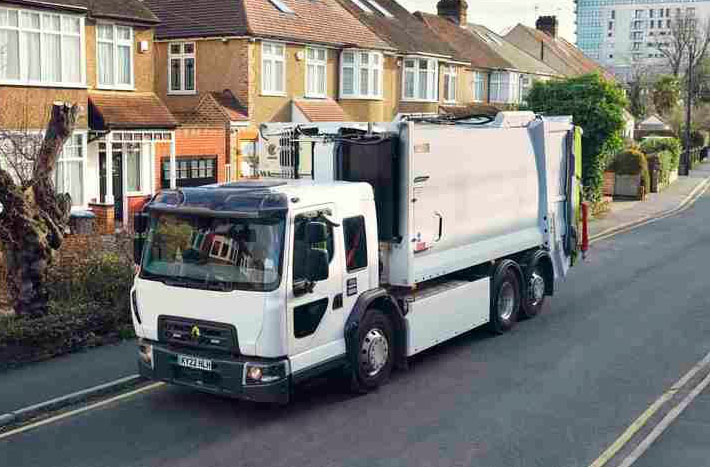The survey published today (15 February) by the DCN, a cross-party network of 169 district and unitary councils, found that many authorities are already dealing with financial constraints and anticipate a multi-million-pound bill to upgrade recycling services under the government’s ‘Simpler Recycling’ plan.
Under the plans, all local authorities by 31 March 2026 will collect the required recyclable waste streams: glass; metal; plastic; paper and card; food waste; and garden waste. Local authorities will continue to be able to charge for garden waste collections, as “the economic and environmental case is not strong enough to proceed” with the initial proposal to make them free, the department said.
Local authorities and waste collectors will be required to collect plastic film as part of the plastic waste stream by 31 March 2027.
Shortfall
At the end of last year DEFRA outlined its financial allocations for councils to cover the costs of weekly food waste collections.
However, district councils, responsible for waste collection across much of England, anticipate an average shortfall of at least £210,000 to fund new vehicles and containers. This shortfall excludes the capital cost of depot expansions, which the government has indicated it will not fund.
Other examples of funding difficulties cited in the survey include a rural district receiving less than 50% of the required capital for essential vehicles, and five district councils facing a collective shortfall of £2.1 million or almost £6 million, depending on whether they purchase diesel or electric vehicles.
According to the network the government’s initial funding calculation in 2018 failed to account for recent inflation, resulting in an increased average cost of £25,000 for a new waste lorry.
This financial gap raises concerns, as it goes against the expectation that the central government covers ‘reasonable costs’ when imposing ‘new burdens’ on local government.
Adding to the challenges councils are facing is the ongoing uncertainty regarding funding for the ongoing revenue costs of the new food waste services. Councils expect these costs to increase by an average of 21% and indicative funding allocations may not be available until the 2025/26 financial year.
The funding currently on offer is nowhere near enough
- Cllr Sarah Nelmes, DCN
‘Change’
Cllr Sarah Nelmes, environment spokesperson of the District Councils’ Network, said: “District councils have some of the highest recycling rates in the country, but we want to do even more to improve our services and deliver environmental benefits to our local places.
“The Government’s Simpler Recycling plan will mean significant service changes at many councils. New waste lorries, bins and, in some cases, larger depots will be required, all at great expense. The funding currently on offer is nowhere near enough. Unless the Government upholds the longstanding doctrine that it funds the full costs of any new burdens it imposes on councils, hard-pressed councils will have even fewer resources to support our communities.
“We are pleased the Government listened to councils and to our residents when we feared their previous proposals would lumber households with up to seven bins and would be unworkable. Now the Government needs to listen when we tell them that their new proposals – although an improvement – will be unrealistic unless council are funded for the full costs.
“We share the Government’s commitment to improving recycling and we want to work with them to make it happen.”









Subscribe for free